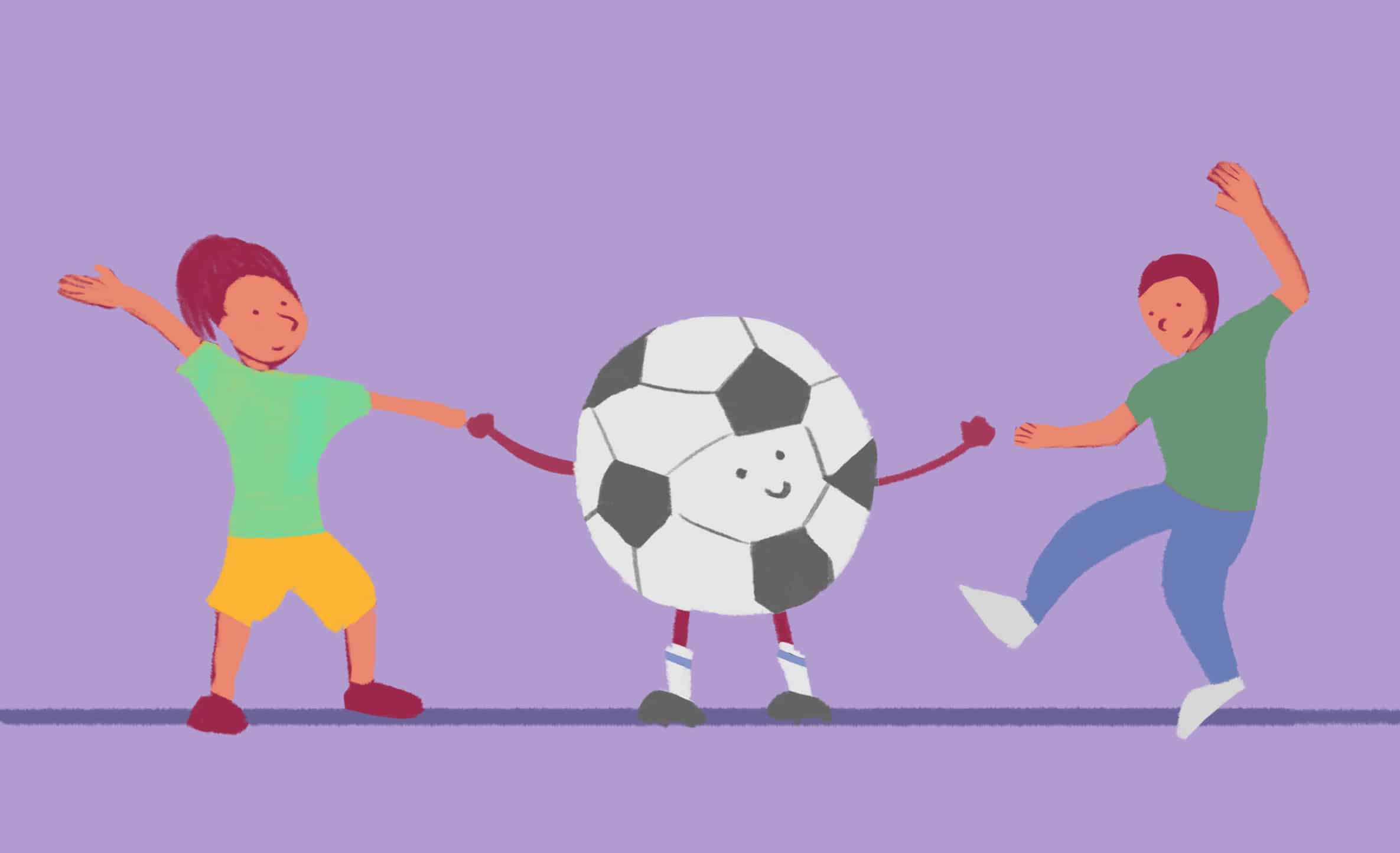With Portugal’s recent Euro 2016 victory, jubilant voices echoed through the thrumming streets of Toronto’s own Little Portugal. The Portuguese community and fellow fans — regardless of occupation, age, or gender — were united through the fulfillment of their collective goal of victory.
It was the thrill of sport, in this case European football, that brought them together. This shows that despite occasionally creating divisions, sports can be a powerful uniting force.
Consider, for instance, the power of sport in relation to the larger Toronto area: a community that brims with various cultures. Through the recent successes of the Raptors and Blue Jays, Toronto was brought together to share team spirit and a communal goal of victory.
I remember Union Station’s buzzing atmosphere just after the Blue Jays advanced in last year’s playoffs; sports had turned a typically cold atmosphere into one of vibrancy, cheer, and euphoria as individuals celebrated with complete strangers, regardless of their differences. For those trickling down from the Rogers Centre, anyone in sight represented a valid companion with whom to celebrate. And that was truly the power of the experience, in my opinion: what made you a Blue Jays fan was the fact that you were there.
In many cases, however, it is true to say that sport can bring on bitter rivalries and divisions: the Toronto Maple Leafs and the Montreal Canadiens in hockey; Barcelona and Real Madrid in soccer; and India and Pakistan in cricket are only a handful of examples.
At its core, sports are competitive, with the participants’ primary aim being of defeating one another. In situations of passion, partisanship, and high stakes, regrettably, even violence can ensue.
Many fans, such as those of England and Russia, fought during the Euros. The loss of the Vancouver Canucks in the 2011 Stanley cup stirred up riots. In extreme cases, such as the 2012 Port Said Stadium Riot in Egypt, deaths have occurred.
A combination of passion, fan fever, and alcohol can cause many to behave irrationally. Nevertheless, sports are often a fundamental uniting force considering the shared experience and language that comes from being a player, and likewise, from being a fan.
In fact, sports can be powerful enough to bring about cooperation between bitter or hostile parties, with even the fiercest rivalries sometimes resulting in unity. This is because fans and athletes often agree to a set of rules and principles. Moreover, it is compulsory for all players to treat each other with respect and dignity. Agreement and respect towards these rules are mandatory for anyone to participate. If a team loses, they must acknowledge the loss despite the circumstances.
This is not to mention the fact that players are always changing sides. In the case of All-Star games, players from rival teams even work together in order to beat other players from the league. International tournaments, such as the Euros, do this in the most radical way. Players from different clubs face their teammates. And this would not be possible without mutual cooperation and acknowledgment of the rules of the game; through player associations, athletes commit themselves to the best treatment of each other.
The true power of sport lies at the heart of these standard rules and principles that govern it. Sport creates a universal language that does not require an understanding of any particular language or culture, but simply human intuition and communication. Nor does it require membership in any particular ethnic, political, or religious group. Instead, sport appeals to our innate and universal human qualities, including physical activity, strategic thinking, communication, and teamwork.
On a larger scale, sports can help to create a foundation for communication and cooperation between countries. Through sport the world has potential to achieve the same welcoming and joyous atmosphere we have observed in Toronto over past years. Like the city, the world has an assortment of cultures, languages, and backgrounds. And like in Toronto, sports can bring people together, not just as Torontonians, but as world citizens.
Sam Routley is a second-year student at St. Michael’s College studying political science, history, and philosophy.


